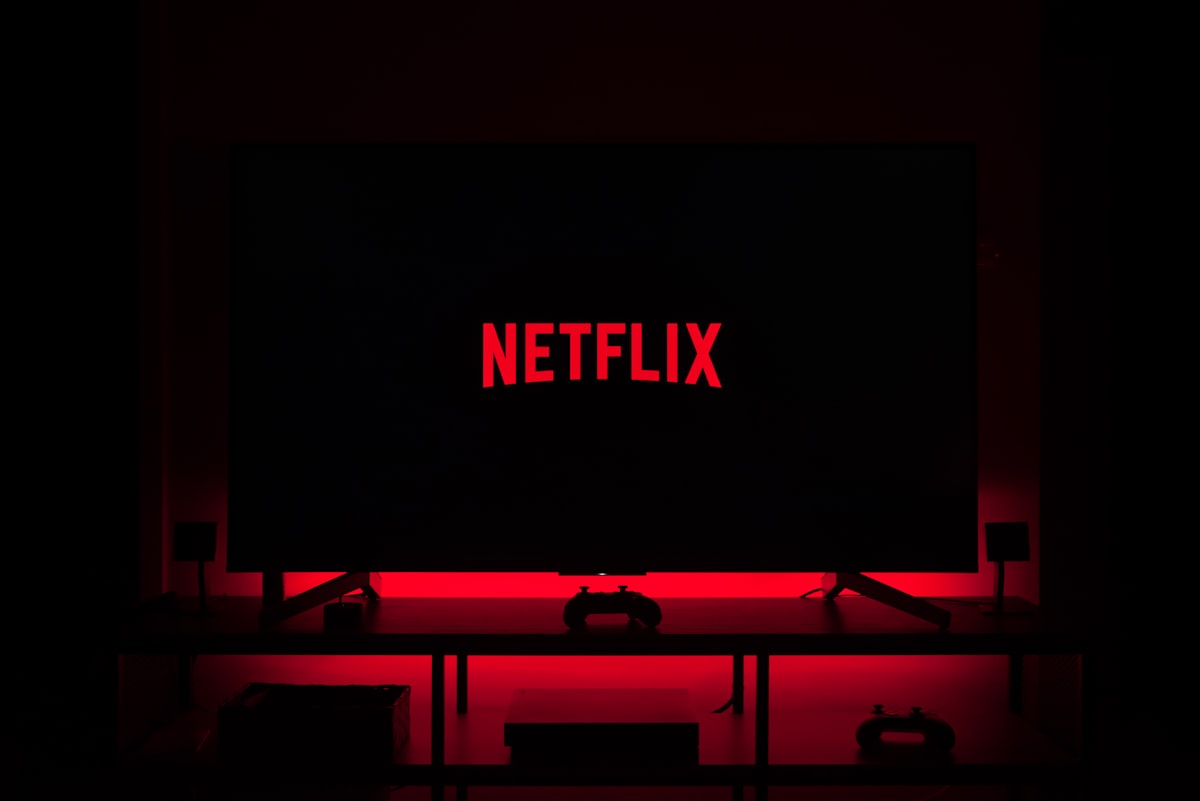Netflix and the problem of running without flywheel

For digital platforms aiming to become a global business, the most obvious strategy has been for decades to just run ahead of everyone, reach critical mass as fast as possible, and lock in the market within your platform. If it works, you're a de facto monopoly and should rapidly make up for years of losses.
This strategy of running ahead with huge deficits until there's no more oxygen for competitors is extremely blunt and extremely risky. It was only possible for a few select startups fueled by the most powerful VC firms in the market for the last ten to fifteen years.
We've seen such aggressive moves mainly at play with platforms depending on creating network effects such as Uber or Airbnb. And when it fails, it can be spectacularly awful, such as with Ofo in China.
To quote the rock-star venture firm Sequoia Capital on its recent advice for startups:
The era of being rewarded for hypergrowth at any costs is quickly coming to an end. It might not translate into your valuation overnight, but over the medium and long term, disciplined, durable growth is always rewarded and translates into meaningful value appreciation.
But companies such as Netflix, which depends on creating a vast amount of content to generate recurring revenues, have depended on this. With access to cheap capital, shoveling between $10 to 15 billion in content production and acquisition every year was a thing. And to be fair it worked and allowed Netflix to grow in less than a decade from a respectable 21 million customers to more than 221 million worldwide!
On a yearly per-user basis, the back-of-the-envelope calculation gives you $67 invested in content (not even operational costs, marketing, or other spendings) in exchange for an $84 to $192 subscription. This is dangerously meager, at best. But again, if you end up being the only remaining platform in the market, you can accommodate – if only by being able to raise subscriptions and reduce your investments.
But there's something way more problematic looming for Netflix: whereas Uber and Airbnb have an in-built flywheel effect, Netflix hasn't.
When Uber gets more drivers on their platform, the faster it gets for potential customers to find a ride, the more the platform becomes attractive, and the more drivers want to be part of it. Rinse, repeat. Past a first critical mass, this generates a self-sustained form of growth; a flywheel effect.
Unlike the above-mentioned platforms, Netflix is a one-sided business model. The quality of the content doesn't get better the more viewers there are, or the algorithm doesn't get spectacularly smarter the more you view content. So, when Disney+ or HBO Max barge into the market with marginally fresher content, Netflix has no effective way of locking in viewers. When you are tired of the content you can switch at no cost from one platform to another. And there's no difference if you've been subscribing for a month or more than ten years.
With this in mind, the recent drop in Netflix subscribers which has been described as a potentially dramatic halt of their positive momentum is anything but. Simply, because there is no momentum or self-sustained effect at play in Netflix's business model. The moment they stop pouring more billions into content than their competitors, they slow down and lose subscriptions.

The only way Netflix rode on a high tide for so long is that no one else had enough money to put so much content on a streaming platform, and the ones that already had enough competing content (such as Disney and HBO) had a conflicting business model (movie theaters, DVDs and cable).
And we briefly evoked a few competitors, but we didn't point yet that they are also competing with very profitable competitors that a) do not depend on streaming as their sole revenue stream and b) have a powerful flywheel effect of their own, because they are part of a larger business ecosystem: Amazon Prime and Apple TV.
Would I say that Netflix is doomed?
I don't know, but I wouldn't bet too much on them as a key player anymore now that cheap capital is a thing of the past and that VCs all around the world have rediscovered a mind-blowing concept... unit economics.



